Russia seems destined to lose the war in Ukraine
- By 1945
Share This Article
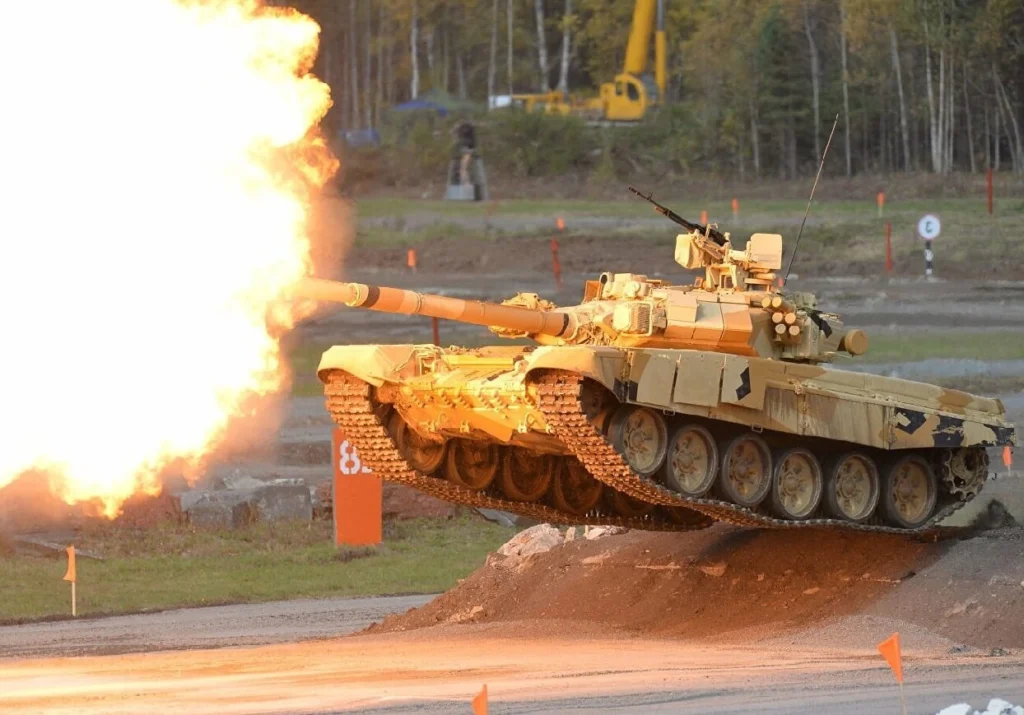
In mid-September, Russian President Vladimir Putin faced his toughest choice of the war. Ukraine had recently reconquered a large chunk of Russia’s hard-won gains in the country’s east, pushing the war’s course into the mainstream of Russian public discourse and forcing a choice on escalation.
The war is not very popular at home. Putin had generally kept it at a distance from the Russian middle class. There was no conscription. Besides the regular army, Russia had been deploying a grab bag of mercenaries and foreign fighters to fill in holes at the front. Russian media did not even refer to conflict as a ‘war’ but as a ‘special military operation.’ This curious locution was to pretend that this was a minor engagement on the periphery of Russian life (much as the American administrations of John Kennedy and Lyndon Johnson tried to frame Vietnam as a minor brushfire, not a major war).
This spin on the war has fallen apart. Putin can no longer cover up that Russia is losing. Russia expended enormous amounts of ammunition and degraded its forces over the summer fighting a brutal war of attrition to fully capture the Donbas in eastern Ukraine. That enormous effort was substantially undone by Ukraine in just a week. Russia has already committed its best units and weapons. It is now dredging up increasingly old stocks of equipment and reckoning with an inability to build very modern weapons due to the sanctions cut-off its access to high technology from the West and Asia.
Related: Ukrainian military pushes Russians from unattainable positions
Putin ties his fate to the war
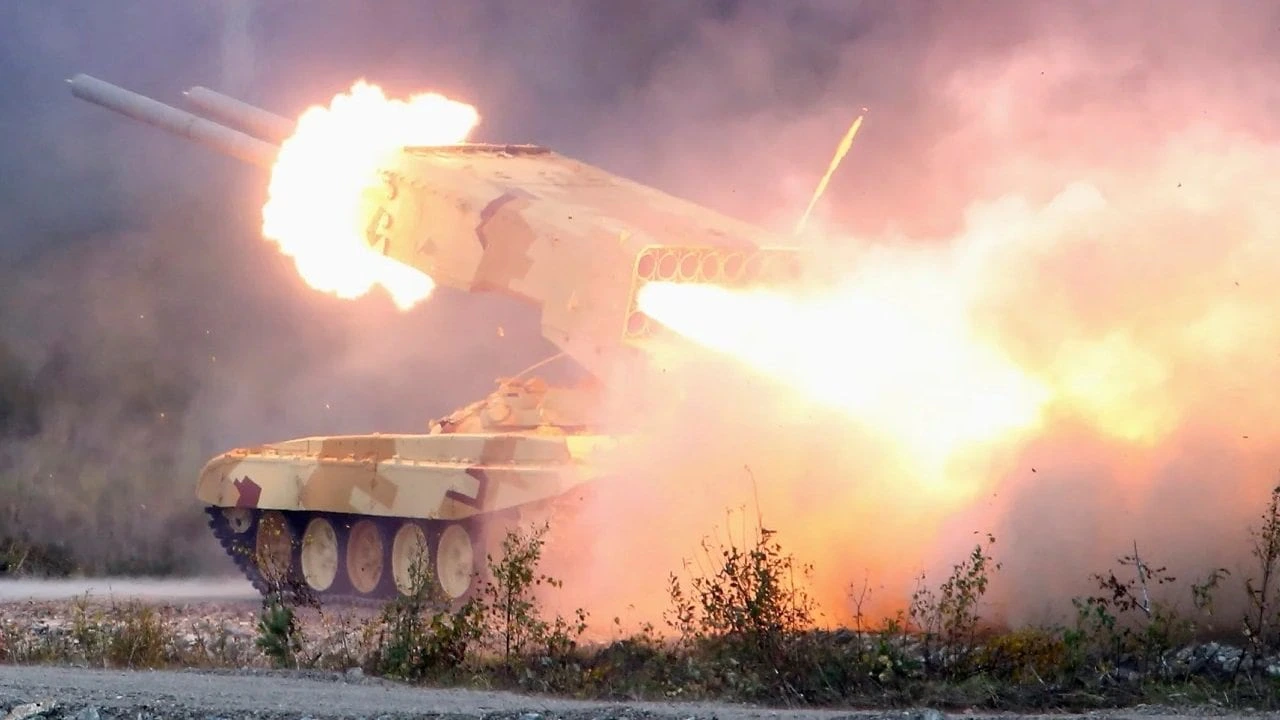
Putin faced a choice: escalate or negotiate. Negotiation would involve humiliation. Putin would have to admit he could not win. Angry nationalists at home would accuse him of betrayal. He would appear weak in a dictatorial system premised on his personal toughness. Ukraine would make few concessions. Ukrainian President Volodymyr Zelensky has insisted he will drive out the invaders completely, and Ukrainian polling returns strong support for this position. But a negotiated peace would at least end the war which has seen Russia heavily sanctioned and increasingly globally isolated. If the war drags on, the Russian economy will contract significantly, and its ‘junior partner’ status vis-à-vis China will be undeniable.
Escalation had its own threats. A draft or conscription would demand that the Russian population finally be mobilized behind the war. This would risk domestic unrest, capital flight, and insider discontent if it did not work. And most importantly, it would tie Putin’s personal and political fate to the war. If the war goes badly after a substantial escalation, Putin would almost certainly face challenges at home.
In democracies, war losers fall out of power. President Johnson famously did not want to be the first US president to lose a war and so lost the possibility of a second term as the Vietnam War went afoul. When Secretary of Defense Donald Rumsfeld lost control of the Iraq War, President George W. Bush forced him to resign. In a closed, autocratic system like Russia though, Putin would more likely face mass street protest and/or a palace coup, resulting in his exile or even imprisonment. So Putin is risking his all now, by announcing this week’s partial mobilization.
Related: Putin’s Playbook: The author of Putin’s failing foreign policy
It probably won’t make any difference

The irony is that this major call-up of Russian reservists – on the order of 300,000 soldiers – probably will not alter the eventual outcome of the war. Although Russia now badly needs manpower for the fight, its primary problems to date have been ‘soft’ issues like poor logistics, low morale, poor leadership, and general disorganization. More soldiers can stem future Ukrainian advances, likely into next year. But they do not solve the larger problems of the operation.
For example, Russia’s logistical failures in the war – not enough trucks, dated food and ammunition, corrupt procurement, shoddy equipment – have been well-documented. And there is little evidence that Russia is adapting or evolving to rectify this issue, at least on the scale required to deploy new units and keep them well-supported in the field.
Similarly, these new units will likely suffer from the same or worse command problems, as Russia’s best officers are already committed. And well-established morale problems will not likely improve either. These reservists are being coerced into fighting, while the Ukrainians want to fight and are highly mobilized.
But even in a best-case scenario – where these new units achieve major battlefield successes – they are still unlikely to change the ultimate outcome of the war: Russian exhaustion and withdrawal. Even if Ukraine were badly defeated on the battlefield by these new troops, it would fall back on an insurgency – which was the original plan for the war back in February. And then the war would drag on yet further. But it would not end.
These new units are unlikely to change the Ukrainian population’s commitment to the war. They will extend the war. It will be longer and more violent. But more of the same – more sullen, poorly equipped and supported Russian units flailing against a hardened, high morale Ukrainian army equipped with superior Western kit – does not alter the likely strategic outcome – a long-term Russian defeat. All this mobilization does is delay the inevitable.
This article by Robert Kelly was originally published by 19FortyFive.com.
Read more from Sandboxx News
Related Posts
Sandboxx News Merch
-

‘AirPower’ Classic Hoodie
$46.00 – $48.00 Select options This product has multiple variants. The options may be chosen on the product page -
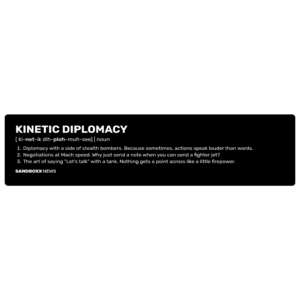
‘Kinetic Diplomacy’ Bumper Sticker (Black)
$8.00 Add to cart -

‘Sandboxx News’ Trucker Cap
$27.00 Select options This product has multiple variants. The options may be chosen on the product page
1945
Related to: Military Affairs, Ukraine
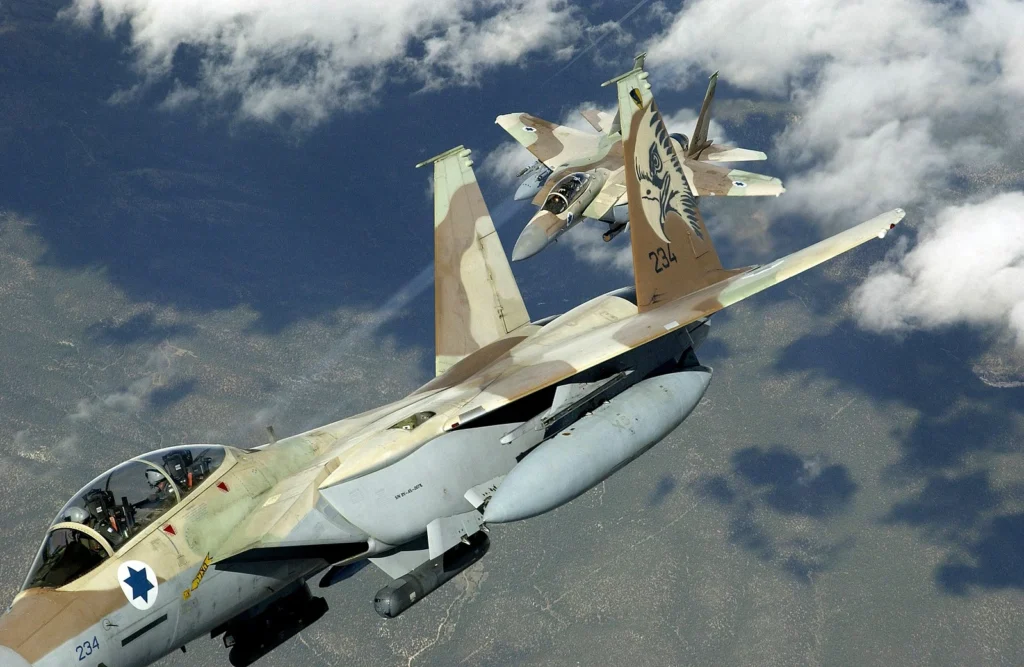
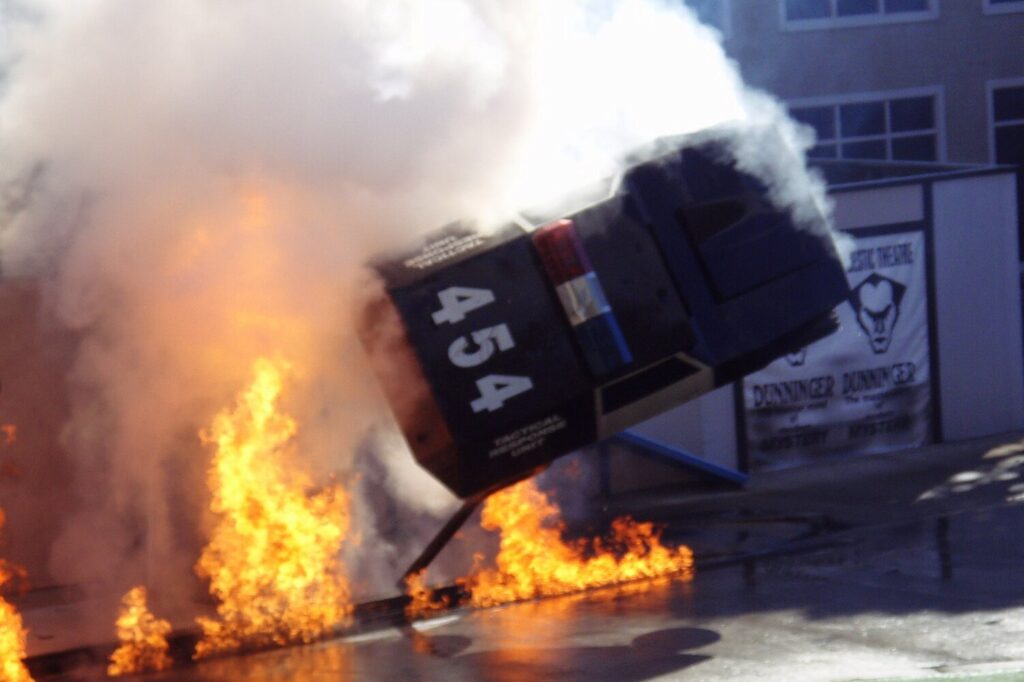
Explosive confidence drills against a moving car

A stealth bomber for the toughest missions: The B-2 Spirit
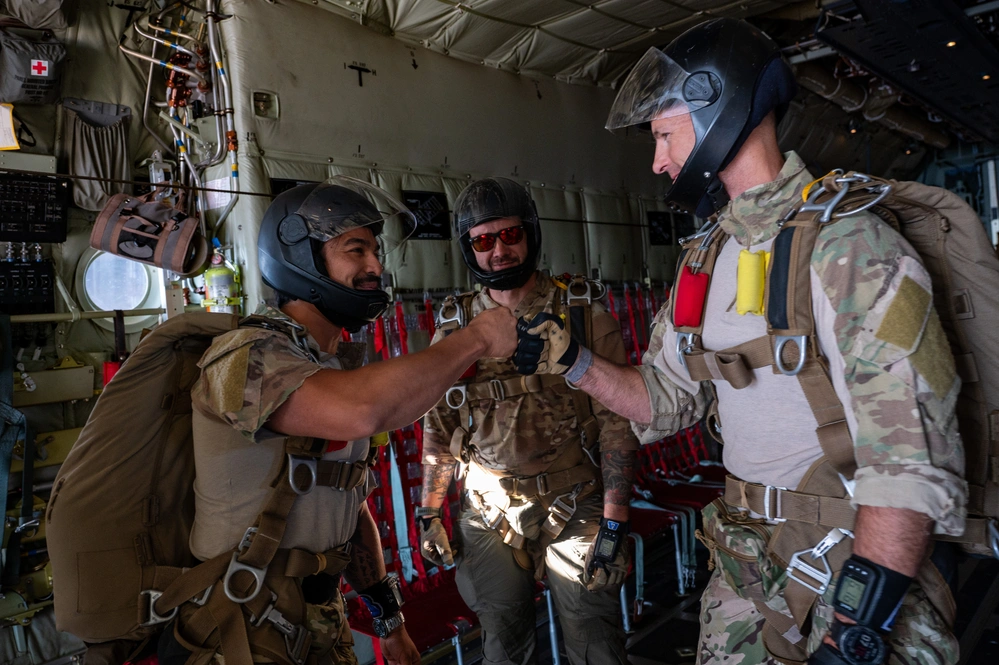
Air Force Special Operations Command celebrates 35 years of heroism and service
Sandboxx News
-

‘Sandboxx News’ Trucker Cap
$27.00 Select options This product has multiple variants. The options may be chosen on the product page -

‘AirPower’ Classic Hoodie
$46.00 – $48.00 Select options This product has multiple variants. The options may be chosen on the product page -

‘AirPower’ Golf Rope Hat
$31.00 Select options This product has multiple variants. The options may be chosen on the product page -

‘Sandboxx News’ Dad Hat
$27.00 Select options This product has multiple variants. The options may be chosen on the product page
